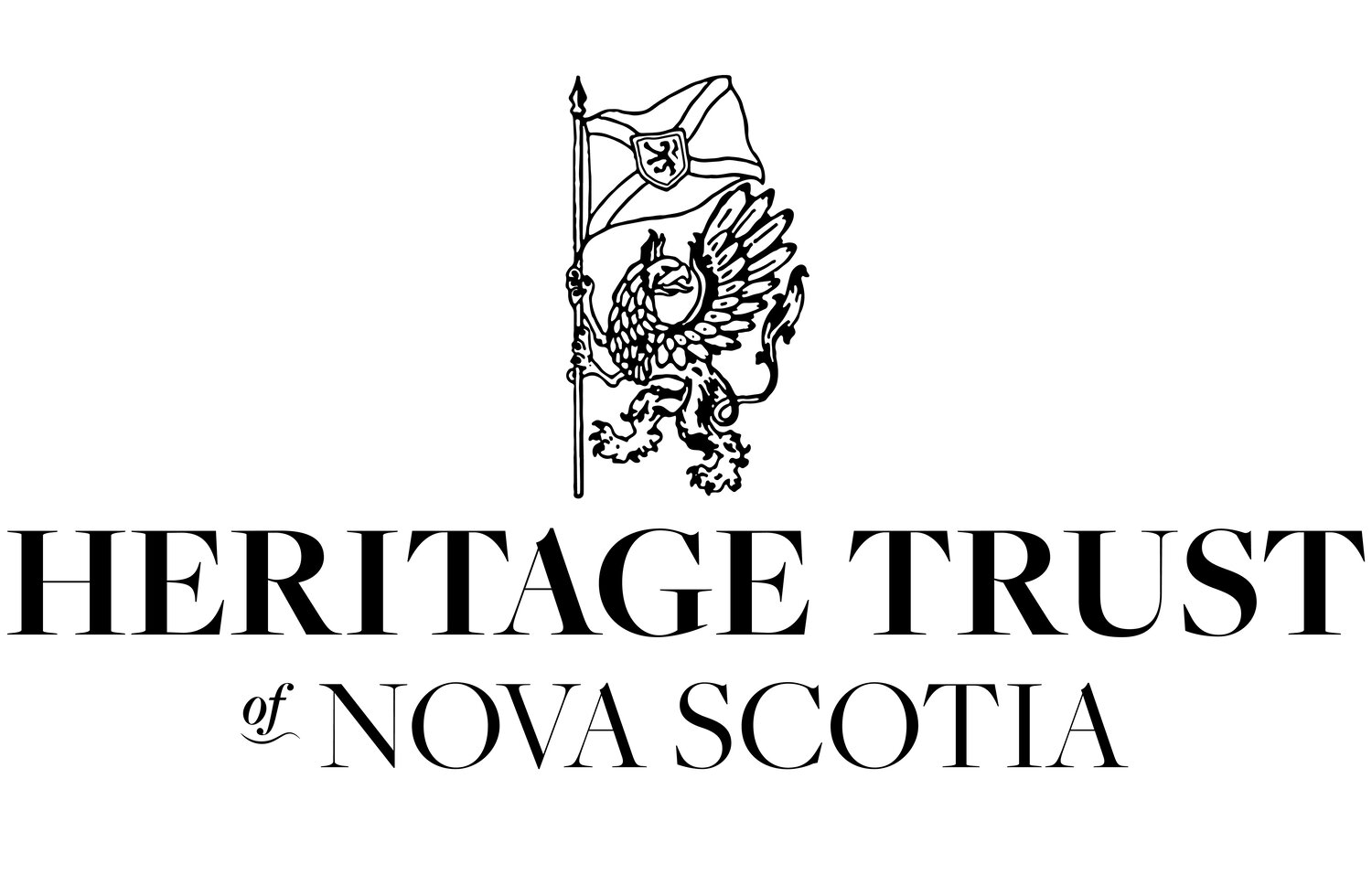Bill C-23 —The Historic Places Act—Must Not Be Allowed to Die in Parliament
On April 30, 2024 the Heritage Trust of Nova Scotia and Nova Scotia Lighthouse Preservation Society sent the following letter to the Members of Parliament for Nova Scotia:
April 30, 2024
Dear Ministers:
RE: Bill C-23 - An Act respecting places, persons and events of national historic significance or national interest, archaeological resources, and cultural and natural heritage
We write to you, the Members of Parliament for Nova Scotia, to request that you do not permit Bill C-23, The Historic Places Act, die at second reading. Canada’s Historic Places hold immense cultural and economic value for their communities, and nowhere is this truer than in Nova Scotia. Every year, visitors contribute more than two billion dollars to Nova Scotia’s economy while enjoying the growing number of federally designated places (currently 357) that this Bill will impact. These sites include the Grand Pré Historic District, Peggy’s Cove Lighthouse, the Royal Battery National Historic Site in Louisbourg, and less well-known but vitally important sites such as the Peter Island Lighthouse (Digby), Fort Sainte Marie de Grace National Historic Site (LaHave) the Canadian Pacific Railway Station (Annapolis Royal), and the former Hampton Gray Memorial School (Shearwater).
Bill C-23 is a crucial piece of legislation that aims to strengthen protections and preserve federal heritage places, ensuring that their significance is acknowledged and safeguarded for future generations. Canada needs these protections. The amendments put forward by the National Trust for Canada (see attached), will ensure that these historic places, and others like them, continue to enrich our province by: preserving our stories; providing economic benefits, particularly to rural communities; and contributing to the Nova Scotia we are proud to call home.
Canada’s rich and diverse heritage places put us in a position to lead the world in heritage preservation. Yet, for decades, Canada has been the only G7 country without dedicated legislation to protect its federally registered heritage places. Bill C-23 addresses this gap. Passing C-23 is the first step in doing that.
As Nova Scotia’s representatives in Parliament, representing a place known nationally and internationally for its rich culture and heritage, your leadership in ensuring this bill is passed is critical! Please help ensure that Nova Scotia’s nationally historic places are given the protection they need.
The Heritage Trust of Nova Scotia and the Nova Scotia Lighthouse Preservation Society are more than happy to discuss the value of heritage places to our province and the risks they face. To arrange a meeting, please contact one or both of the undersigned.
Thank you for your consideration of this important matter.
Respectfully yours,
Emma Lang
Executive Director, Heritage Trust of Nova Scotia
and
Denyse Contrasty
President, Nova Scotia Lighthouse Preservation Society
Key takeaways from the appended paper:
Recommendation: Amend Bill C-23 to make it applicable to all places of national historic significance or national interest under federal control, including crown corporations, and to include archaeology on federal lands under water.
The document highlights the lack of clarity regarding which federal historic places will be protected by Bill C-23 and recommends that the bill be amended to include all places of national historic significance or national interest under federal control, including crown corporations, and archaeology on federal lands under water.
Recommendation: Amend Bill C-23 to include provisions for effective accountability, monitoring and reporting, with the objective to confirm adequate ongoing stewardship, and prevent demolition by neglect.
The document points out that there have been numerous examples of federally owned and regulated historic places that have deteriorated or been demolished by neglect, despite their heritage status. It recommends amending Bill C-23 to include provisions for effective accountability, monitoring, and reporting to prevent such neglect.
Recommendation: Amend Bill C-23 to identify a non-custodian third party to provide oversight, strengthen conservation outcomes and reduce potential conflict of interest.
The document suggests assigning the role of a non-custodian third party to provide oversight in the review process of heritage protection to the Historic Sites and Monuments Board of Canada to ensure effective conservation outcomes and reduce potential conflict of interest.
Recommendation: Amend Bill C-23 to allow for participation by interested and affected parties.
The document emphasizes the importance of active consultation with the public, other levels of government, including Indigenous governments, and heritage organizations in the decision-making process regarding heritage protection. It recommends amending Bill C-23 to include a pro-active process for consultation to avoid negative public opposition and delays, and to be consistent with the United Nations Declaration on the Rights of Indigenous Peoples Act (UNDRIP).
Recommendation: Amend Bill C-23 to add definitions for clarity, and confirm the continuation of the National Historic Site of Canada label for existing and future designations.
The document suggests adding definitions for terms such as National Historic Site of Canada, historic place of national interest, person of national historic significance, person of national interest, event of national historic significance, and event of national interest to ensure clarity in the bill. It also recommends confirming the continuation of the National Historic Site of Canada label for existing and future designations to maintain consistency and recognition of Canada's heritage.
